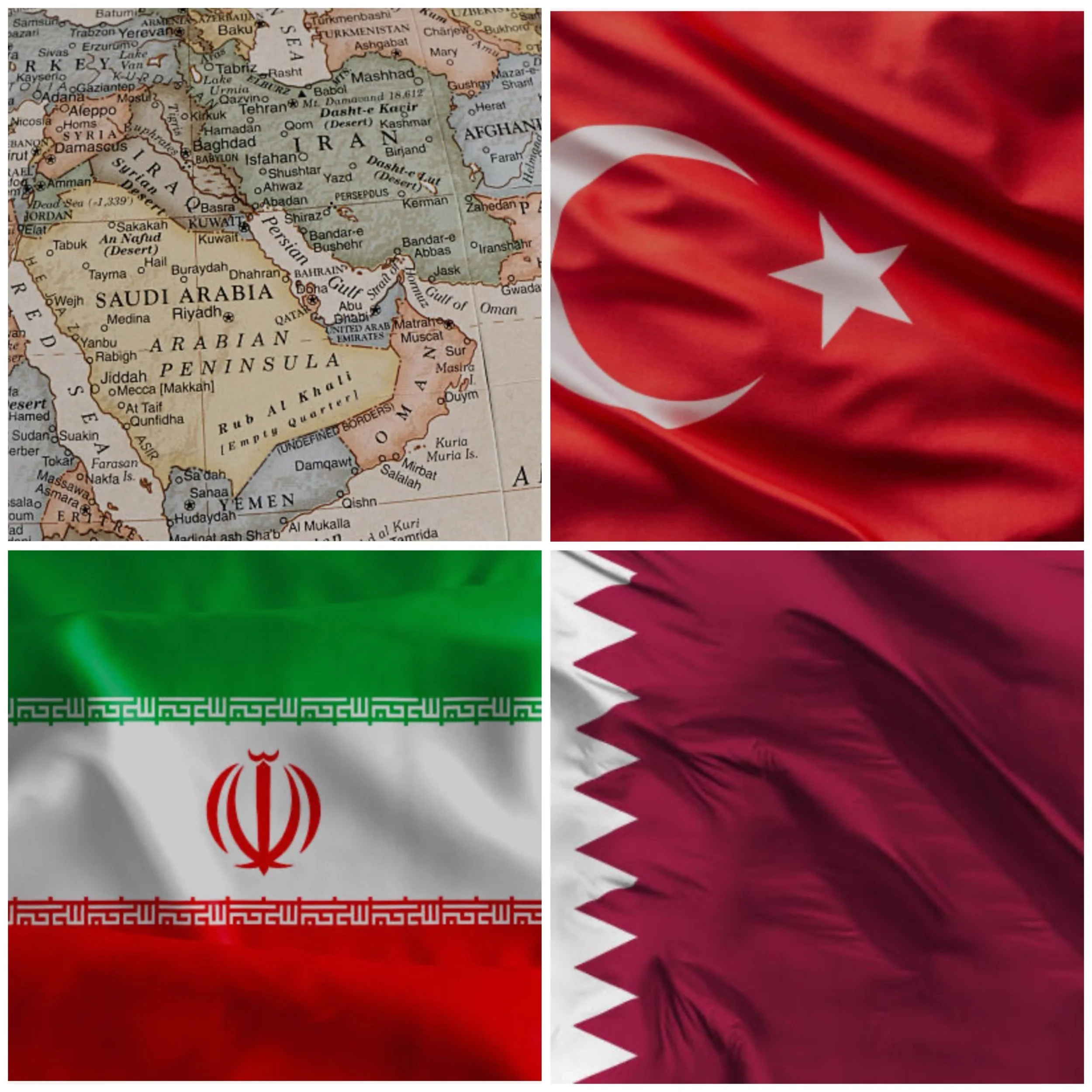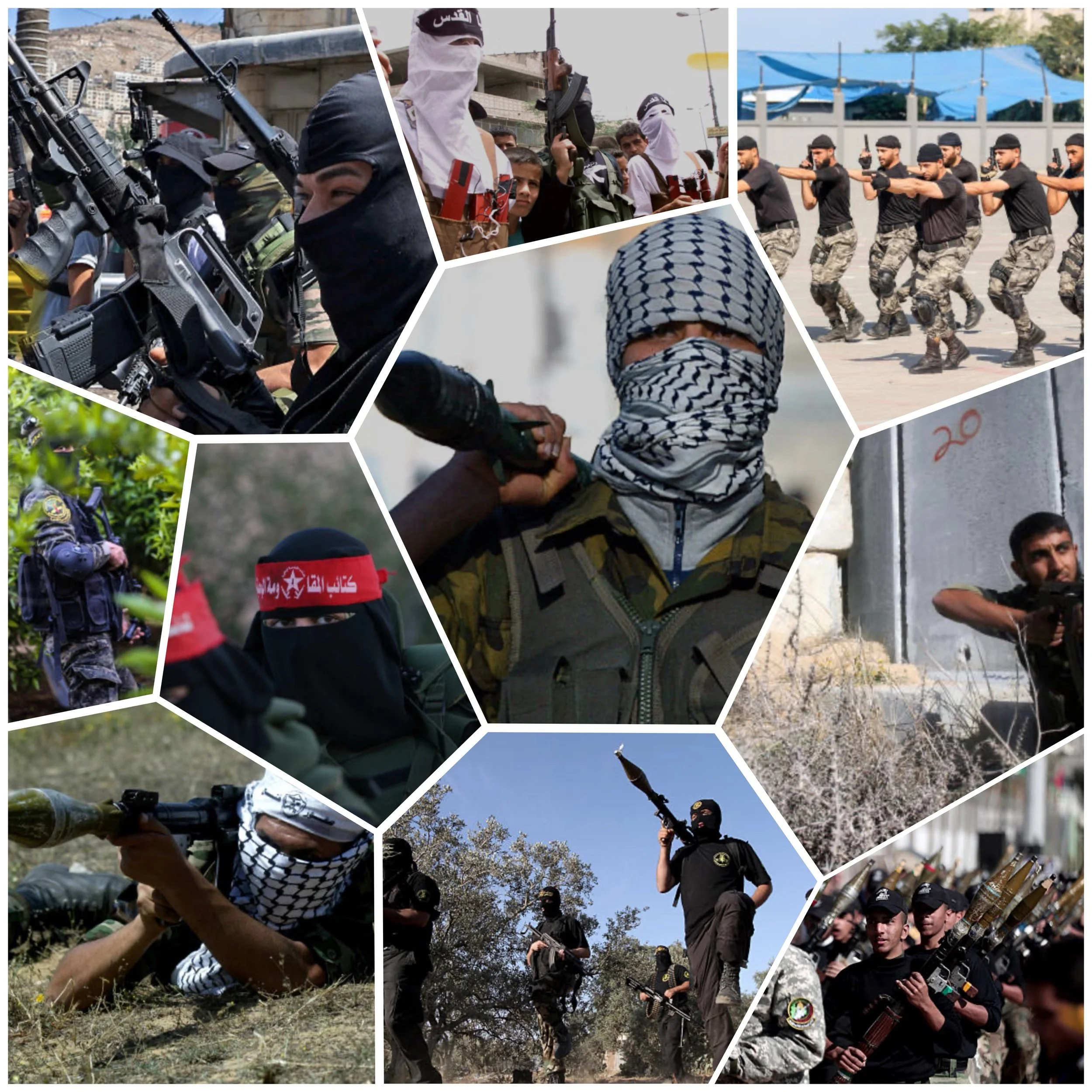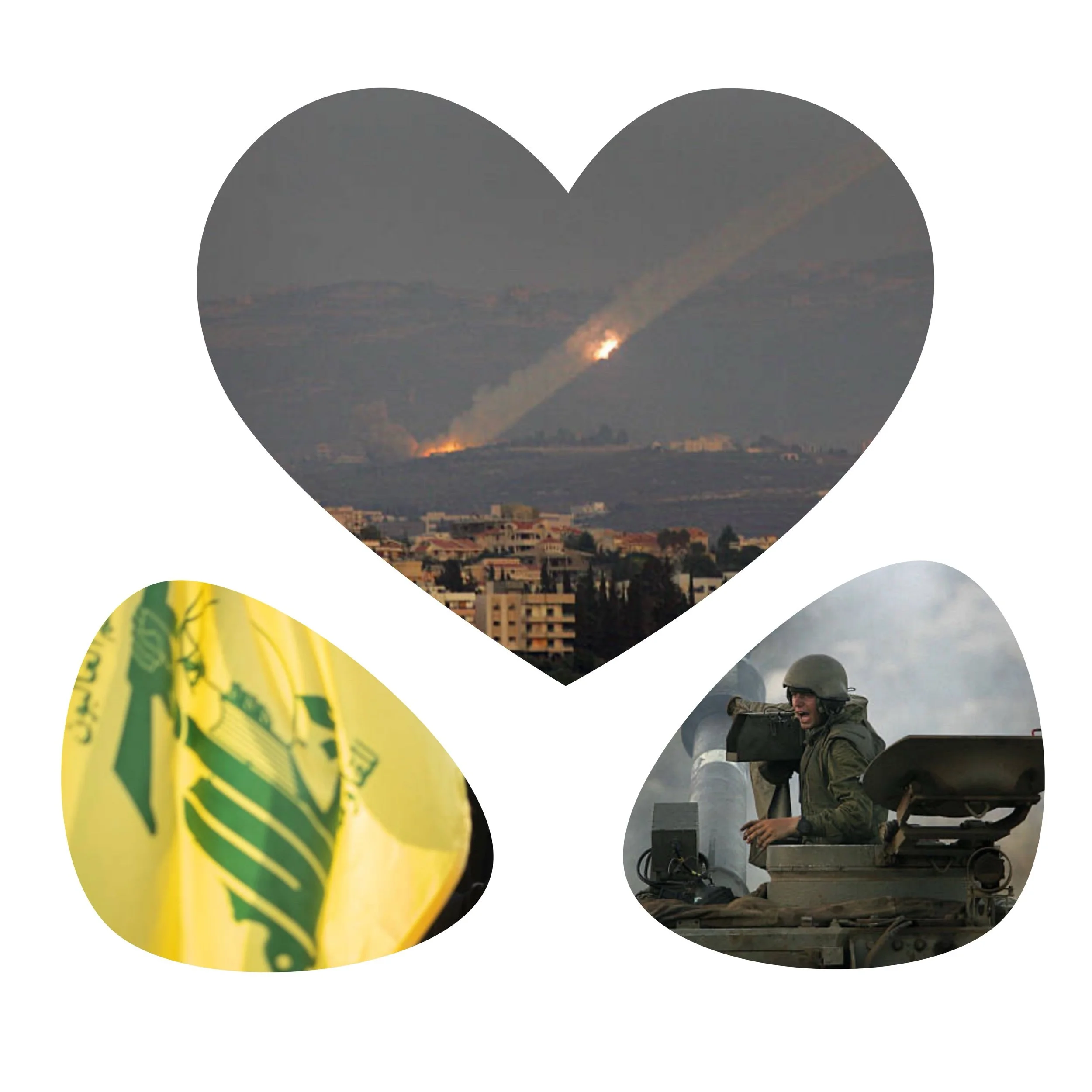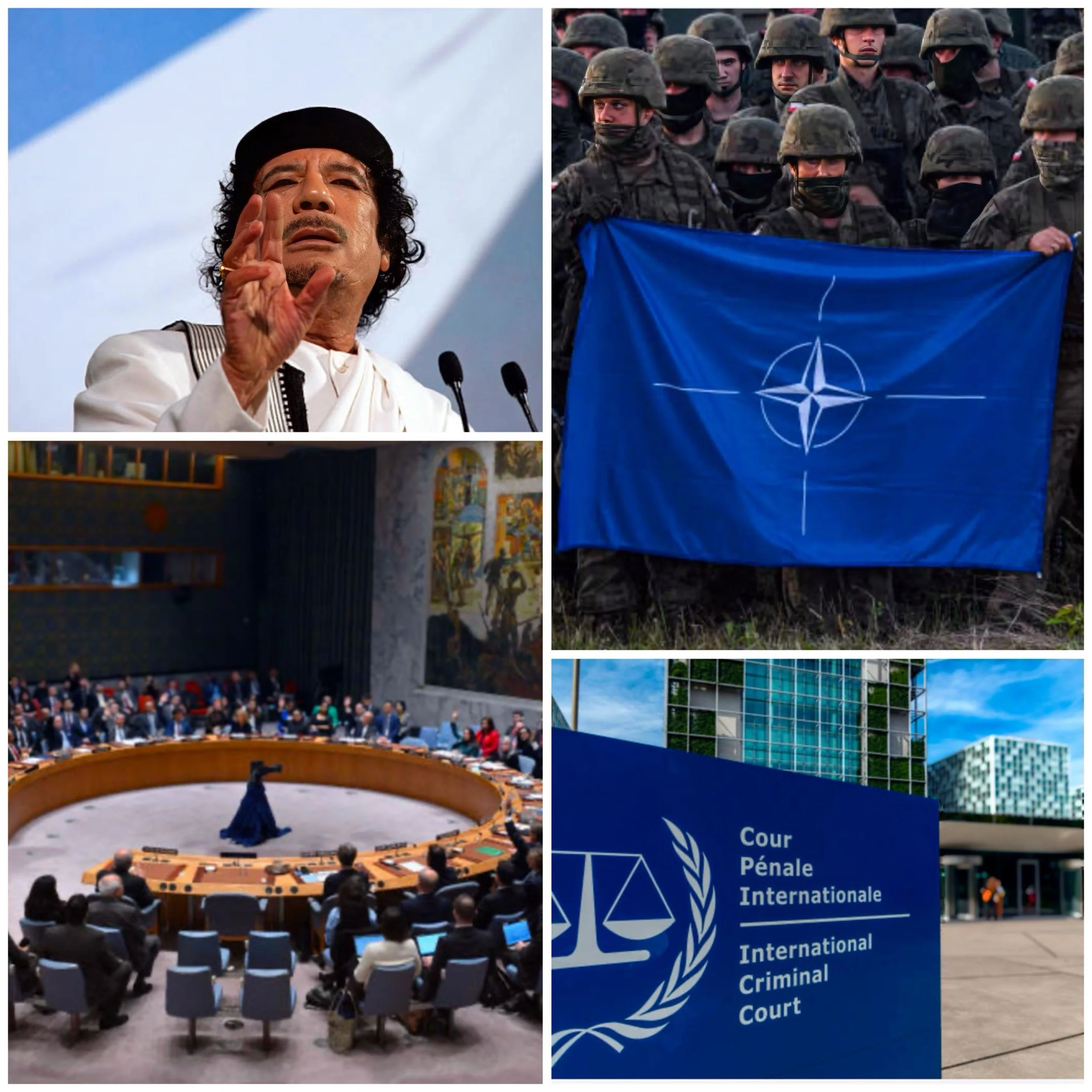What role did international support play in shaping Hamas and Fatah's military approaches
Introduction
International support played a significant role in shaping the military approaches of both Hamas and Fatah, though in different ways:
Hamas:
1. Iranian support: Iran has been a major backer of Hamas, providing funding, weapons, training, and strategic guidance. This support has been crucial in developing Hamas’s military capabilities, especially its rocket arsenal and combat tactics.
2. Hezbollah influence: Lebanon’s Hezbollah, an Iranian proxy, has provided training and strategic advice to Hamas. The October 7, 2023 attack by Hamas reportedly resembled Hezbollah’s “Conquering the Galilee” plan.
3. Funding from Gulf states: Historically, Hamas received significant funding from private donors in Persian Gulf countries, though this has decreased over time.
4. Turkish support: Turkey has provided political and alleged financial support to Hamas, though it claims to only support the group politically.
5. Qatari assistance: Qatar has hosted Hamas’s political office and provided financial resources, sometimes with Israeli knowledge.
Fatah:
1. Arab state support: Fatah received support from various Arab states, particularly in its early years. This included financial and military assistance.
2. Soviet bloc backing: During the Cold War, Fatah received support from the Soviet Union and other communist states, which provided weapons, explosives, and training.
3. Western aid: After the Oslo Accords, Fatah-led Palestinian Authority received significant financial and security assistance from Western countries, particularly the United States.
4. Diplomatic recognition: Fatah’s more moderate stance in later years led to increased international diplomatic support and aid, especially from Western countries.
Key differences:
1. Ideology and tactics: Hamas maintained a more hardline stance against Israel and continued to receive support from Iran and other anti-Israel actors. Fatah, especially after the Oslo Accords, moved towards a more diplomatic approach and received Western support.
2. Military development: Iranian and Hezbollah support helped Hamas develop more sophisticated military capabilities, including rocket production and tunnel warfare. Fatah’s military approach evolved from guerrilla tactics to more conventional security forces, partly due to Western security assistance.
3. International legitimacy:
Conclusion
Fatah (Formely formally the Palestinian National Liberation Movement) gained more international legitimacy over time, while Hamas remained designated as a terrorist organization by many Western countries.
These different sources of international support significantly influenced the military strategies, capabilities, and overall approaches of Hamas and Fatah in their conflict with Israel and in Palestinian politics.






